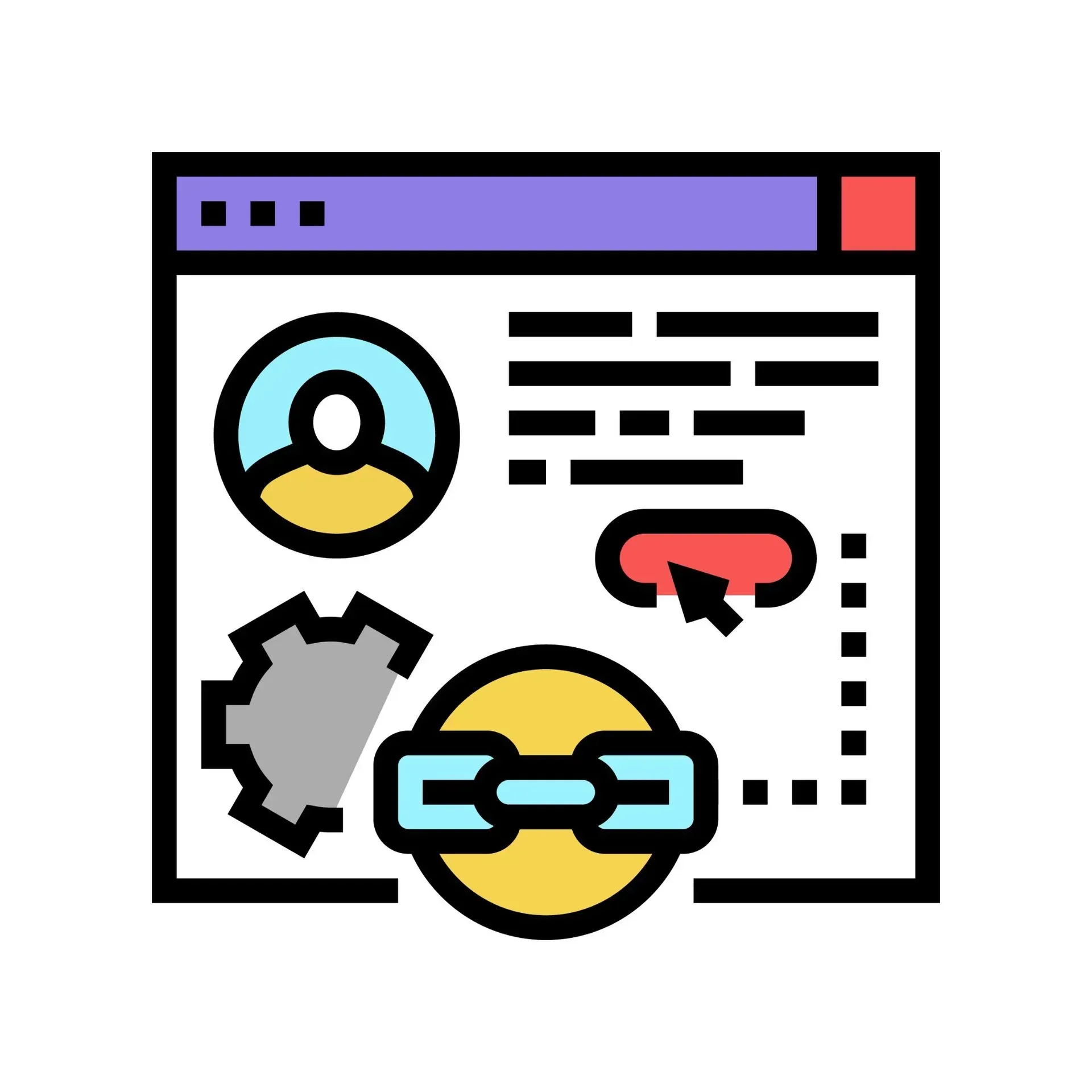8 Reasons Why Content Marketing Brings Value to Your Business
Content marketing isn’t just a buzzword; it’s a critical growth strategy driving success for businesses of all sizes.
Whether you’re a startup or an established brand, content marketing has the power to transform how you connect with your audience, build trust, and achieve your goals.
But why does content marketing matter so much? And how can it deliver real value to your business?
Stick around, and we’ll explore eight compelling reasons why content marketing is a game-changer you can’t afford to ignore.
Increased Brand Awareness
First impressions matter, and content marketing is your opportunity to make a lasting one. By sharing valuable, engaging, and relevant content consistently, you can introduce your brand to a wider audience.
Imagine you’re a coffee subscription business producing blog posts about the best brewing methods, social media tips about sourcing sustainable beans, or email newsletters with coffee hacks.
Over time, readers begin associating your expertise with your brand. Every click, view, and share builds recognition and awareness, planting your business firmly in the minds of potential customers.
When done right, content marketing ensures that your brand is more than just a name; it’s a trusted source of information.
Improved SEO
Search engine optimization (SEO) and content marketing go hand-in-hand. Google rewards high-quality, informative content with better rankings, which means more visibility for your website.
By targeting keywords your audience is searching for, like "best cold brew coffee beans" or "how to perfect pour-over coffee," your content becomes a magnet for organic traffic.
It’s not just about keywords, though. Factors like readability, backlinks, and user engagement (time spent on your site) also influence rankings.
A consistent content strategy packed with optimized blog posts, videos, and guides will keep your website climbing the search engine ladder.
Lead Generation
Crafting thoughtful content enables you to attract and capture leads effectively.
Free resources like ebooks, whitepapers, webinars, and how-to guides create a two-way exchange. Your audience gets valuable insights, while you gain their contact details in return.
For example, imagine offering a downloadable guide titled "10 Hacks for Faster and More Effective Team Collaboration." Readers interested in solving this problem will gladly share their email address to get access.
Once they’re in your database, you can nurture them through targeted follow-ups and turn them into paying customers.
Building Customer Loyalty
Content marketing isn’t just about driving new leads; it’s also about engaging and retaining existing customers.
Regularly providing helpful and interesting content strengthens your relationship with your audience. They’ll trust your expertise, value your advice, and stay engaged with your brand.
This could look like sending exclusive tutorials or recipes to members of your coffee subscription service or creating behind-the-scenes videos for your followers.
These connections turn one-time buyers into lifelong fans who share your brand with their network.
Cost-Effective Marketing
While traditional advertising like TV spots and billboard rentals can burn through budgets quickly, content marketing is far more budget-friendly. It’s an investment that keeps on giving.
A well-written blog post, for example, doesn’t just provide value on the day it’s published; it has the potential to rank in search engines and drive traffic for months or even years.
This evergreen content approach makes content marketing one of the highest-ROI strategies in your marketing toolkit.
It’s particularly advantageous for small-to-medium businesses aiming to stretch their marketing dollars further.
Establishing Authority
Businesses that consistently create valuable content establish themselves as leaders in their industry. Why? Because helpful content builds trust and credibility.
Imagine a construction company that publishes safety guides, how-to tutorials, and insights on sustainable building materials.
Such consistent, thoughtful contributions position them as experts. When decision-makers need a contractor, who will they contact? The company that consistently offered reliable, actionable advice.
For building authority, quality beats quantity. Share well-researched, accurate, and actionable content that proves your expertise.
Driving Website Traffic
A steady stream of engaging content drives visitors to your website. Blog posts, videos, infographics, and podcasts all serve as entry points for potential customers.
The more content you publish, the more opportunities people have to find your business online.
For example, a fitness brand might create a series of blog posts on topics like "Best Running Shoes for Beginners" or "Post-Workout Recovery Drinks.
Each piece of content presents an opportunity to attract a new audience, who might then explore their products.
Remember, the content doesn’t just stop at your site. Sharing it on social media and email newsletters multiplies its reach.
Supporting Sales
Content marketing doesn’t just bring in leads; it nurtures them along the sales funnel. Informative content can help prospects move from "I’m interested" to "I’m ready to buy."
For example, you might write a case study on a satisfied client that illustrates exactly how your product solved their problem. Or create a video walkthrough demonstrating how easy it is to integrate your solution into daily operations.
These pieces of content help alleviate doubts, answer questions, and give prospects the push they need to take action.
A well-executed content marketing strategy works hand-in-hand with your sales efforts, creating a seamless customer experience.
Action Steps to Unlock Content Marketing Benefits
Integrating content marketing into your business is achievable for organizations of all sizes, but you don’t have to do it alone. At DR!NKGYM, we specialize in helping businesses build impactful content strategies that drive results.
Whether it’s crafting SEO blogs, creating eye-catching visuals, or planning the perfect email sequence, our team has you covered.
Even better? Right now, we’re offering a free website analysis to help you get started. Find out what’s working, what isn’t, and what’s holding your business back.
Request your free website analysis today!
Elevate your business with content that connects and converts.










